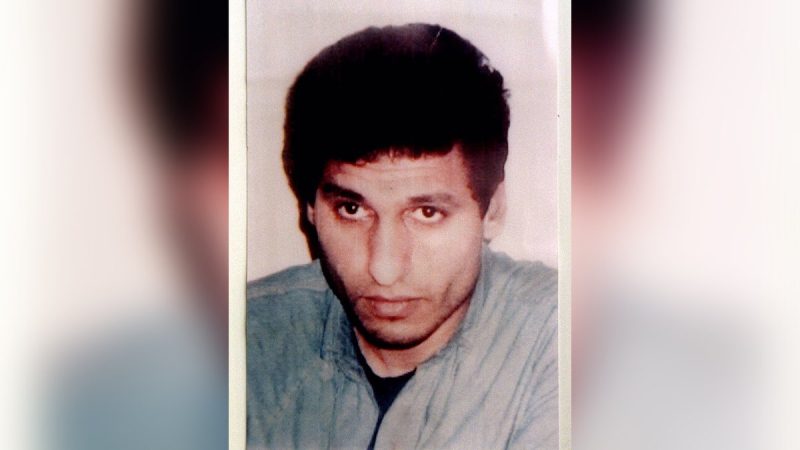The recent news of Israel’s claim to have killed top Hamas military commander Mohammad Deif has sparked ongoing tensions in the conflict-ridden region of Gaza. Deif, a prominent figure within Hamas, has long been a symbol of resistance against Israel. His reported death has not only dealt a significant blow to Hamas but also raised concerns about a potential escalation of violence in the area.
Deif’s role as the leader of Hamas’ military wing has made him a key target for Israeli forces for many years. He is believed to have masterminded numerous attacks against Israeli civilians and soldiers, making him a high-profile figure in the Israeli-Palestinian conflict. If his death is confirmed, it could represent a major victory for Israel in its ongoing efforts to weaken Hamas and deter future attacks.
However, the news of Deif’s alleged killing has also sparked outrage among Hamas supporters, who see him as a hero and a symbol of resistance against Israeli occupation. Hamas has vowed retaliation for Deif’s death, which could potentially lead to an escalation of violence in the already volatile region.
The killing of a top Hamas commander like Deif is likely to have far-reaching implications for the Israeli-Palestinian conflict. It could further strain already tense relations between Israel and Hamas, potentially leading to an increase in violence and attacks on both sides. The death of such a prominent figure within Hamas could also impact the group’s ability to carry out future operations, as Deif was considered a key strategist and planner for the organization.
Overall, the reported killing of Mohammad Deif is a significant development in the ongoing conflict between Israel and Hamas. While it may represent a short-term victory for Israel, the long-term implications of Deif’s death remain uncertain. The situation in Gaza is fluid and complex, and the killing of a key figure like Deif is likely to have ripple effects that could impact the region for months or even years to come.

